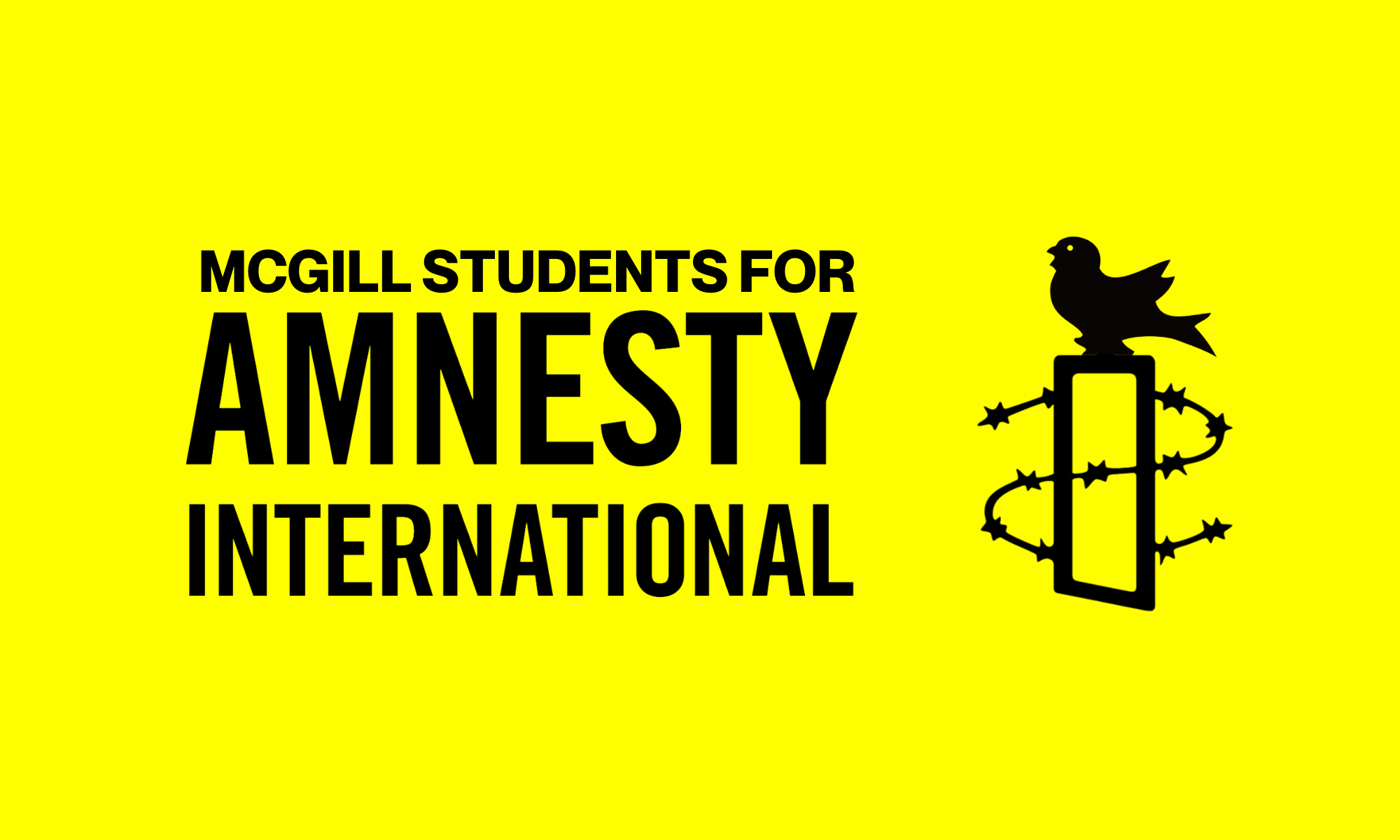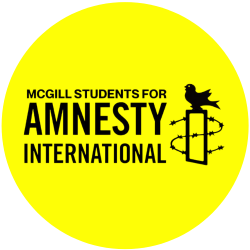By: Haajar Abu Ismail
In 2014, three Eritreans filed a lawsuit against Nevsun Resources, in Vancouver, British Columbia. Claims of crimes against humanity, slavery, forced labor and torture were brought against Nevsun, whom owned 60% of the Eritrean mine where this took place. The unique case built solely upon the violations of international law sparked an ongoing discussion on whether companies at home could be held accountable for their role in crimes abroad. The question of whether the trial should be held at all was unprecedented, and after many years now, it was ruled that the case could proceed in Canadian courts. After a long process of back and forth, the case was finally scheduled to proceed in the Supreme Court of British Columbia in September 2021, nearly 7 years after its first appearance.

Canadian companies watched the case with wary eyes, wondering if they were now actually accountable for abuses abroad. Sadly, this was a necessary concern for corporations who have never had to worry about this before. The answer is an outstanding question, but it is a small victory that the trial will take place.
In the apparent spirit of morality, Canada appointed the Ombudsperson for Responsible Enterprise (CORE) in April, 2019. The role of the Ombudsperson is intended to be that of “a public official who acts as an impartial intermediary between the public government of bureaucracy,” focusing on “the oil, mining, gas and garment sectors” according to Amnesty International. However, after the appointment of Sheri Meyerhoffer, came the disappointing realization of Canada’s half-hearted intentions about taking corporate accountability abroad seriously. The Ombudsperson “may review cases but does not have the powers to independently investigate abuse allegations or compel documents from the parties to a complaint,” which Amnesty further claims to be a “dramatically different from what was promised in January, 2018.”
Any Canadian company with a role in the enslavement, forced labor or torture of workers abroad should be punished without question for their willful negligence of the basic human rights laborers are entitled to. Committing the crimes abroad does not make you any less of a criminal. The Ombusperson is a crucial appointment in affecting any real change about corporate accountability. Thus, it is essential that the Ombusperson has the actual, present, valid authority to take a step forward in betterment of human rights.
Check out http://cnca-rcrce.ca/ for information on how to join CNCA’s Open for Justice campaign, and enforce Canadian mining, oil and gas companies to respect the human rights of their laborers.
For more information check out these articles by Amanda Coletta on the Supreme course case and by Cyndee Todgham Cherniak on the Ombudsperson For Responsible Enterprise

